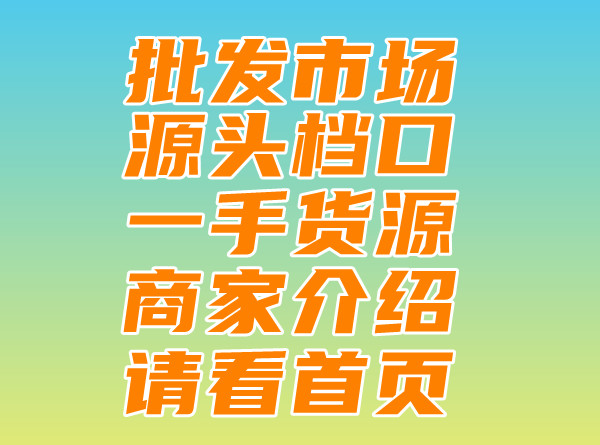Luxury Customization 1:1 - What Does It Mean?
Luxury Customization 1:1 - What Does It Mean?,
Luxury Goods Customization: Understanding the 1:1 Ratio
In the realm of luxury goods, customization has become a key aspect of the consumer experience. The concept of “1:1 customization” denotes a meticulous process where each piece is tailored to an individual’s preferences, ensuring a unique and personal touch. This approach applies to a wide range of luxury items, from high-end fashion to jewelry and accessories.
What is 1:1 Customization in Luxury Goods?
The term ‘1:1 customization’ refers to the practice of creating a product that is identical in every detail to the original design, but tailored specifically to the individual customer. This level of personalization goes beyond mere size adjustments or color variations. It involves meticulously recreating the original design, material, and craftsmanship, down to the smallest details.
In the context of luxury goods, this approach ensures that the final product not only meets the consumer’s expectations but also embodies their unique style and preferences. For instance, in fashion, a luxury custom-made garment involves selecting from a range of materials, cut, color, and design elements to create a truly personalized piece.
The process of 1:1 customization is also highly skilled and time-consuming. It often involves skilled artisans and craftspeople who use traditional techniques and modern technology to meticulously craft each piece. This ensures that not only the design but also the quality and attention to detail are unparalleled.
The Rise of Customization in Luxury Market
The increasing popularity of personalized luxury goods reflects a broader trend of consumers seeking unique and personalized experiences. With the rise of social media and influencers, people are more influenced by others’ style and preferences, leading them to seek out personalized products that reflect their own unique identity.
Moreover, as consumers become more aware of sustainable practices, customization also helps reduce waste and ensure that each product is made with care and precision. This approach not only caters to individual tastes but also aligns with modern sustainability goals.
Conclusion
In conclusion, 1:1 customization in luxury goods represents a shift towards personalized experiences. It embodies the intersection of luxury, quality, and individuality, catering to consumers who demand unique and personalized products. As luxury brands continue to evolve and adapt to changing consumer preferences, customization will play a pivotal role in shaping the future of the luxury industry.

- Top Replica Bags in Guangzhou - Find the Best Shop!
- Replicating Sam's Club Nut Cheesecake Bread 这个标题简洁明了,包含了关键词“复刻”和“山姆坚果乳酪包”,同时符合英文语境。
- Title for the post: "Top Quality 1955 Replica Bags in Guangzhou"
- "Ultimate Realistic Emoji Replication: The Most Authentic Emoticon Experience"
- Goya Backpack Replicas: A Vintage Journey 这个标题简洁明了,包含了关键词“goya双肩包复刻”,同时使用了吸引人的词汇如“Vintage Journey”(复古之旅)来增强吸引力。
- Is it worth buying LV replica bags?
- "Pocket Replica: Re-Creating Traditional Dragon Boat Rice Balls for the Duanwu Festival"
- Top Recommendations for Buying LV Replica Bags: Your Guide to the Best Options.


